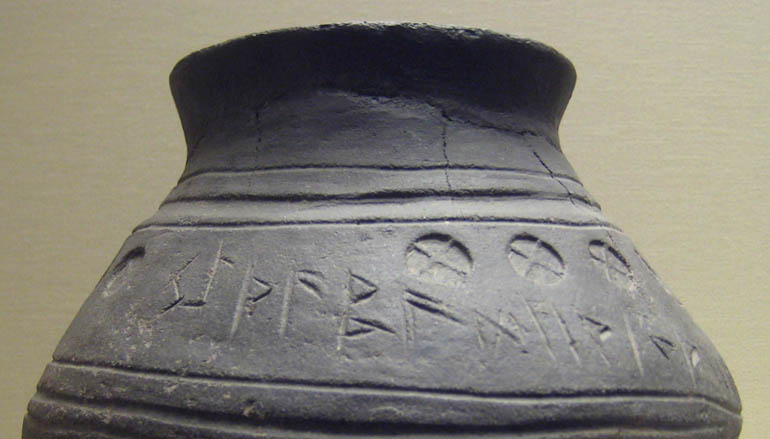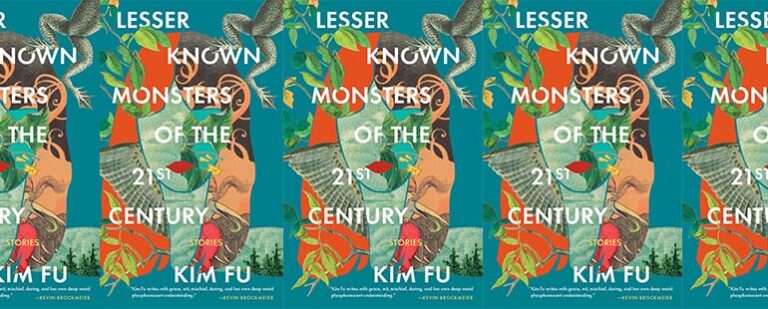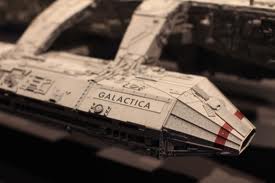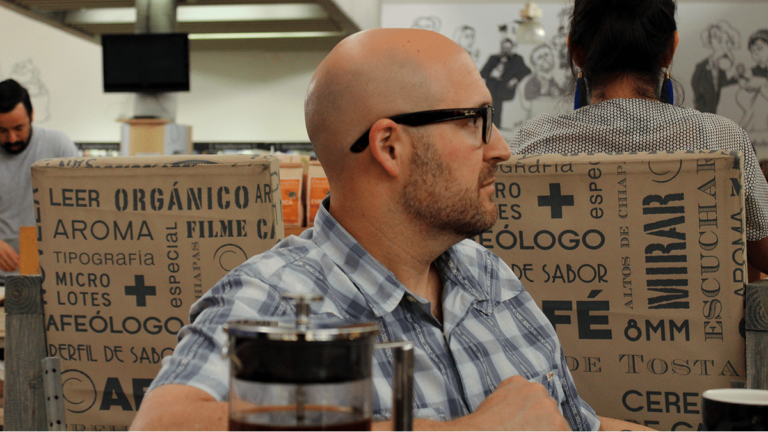“I Decided to Let This Stuff Hit the Page”: An Interview with Christopher Salerno

Sun & Urn, Christopher Salerno’s latest book of poems, is filled with grief and loss—including the big three of modern life: infertility, divorce and death. But deep down, it’s also a tender, sometimes funny, ultimately hopeful book. Christopher is also the author of three previous collections: ATM, Minimum Heroic and Whirligig. He serves as the Editor of Saturnalia Books and teaches in the creative writing and MFA programs at William Paterson University where he co-founded and co-edits Map Literary. We caught up recently to talk about how you go from writing a poem to putting a book together.
Matthew Thorburn: Sun & Urn is a collection that draws beautifully from the whole palette of emotions, one that is full of life in all its complications, heartaches, and losses. Would you talk about how this book came together and what it was like writing these poems?
Christopher Salerno: Thanks for that complimentary take on Sun & Urn. And yes, the book has at its emotional core a cluster of heartaches. Writing this book was work—to try to make something artful from grief and loss (something I suppose most, if not all, artists aspire to do). I talk about any book project in two ways. On one hand, I’ve got this head of steam creatively, having written four books, and so I’ve established I guess at this point a process whereby I’m regularly thinking of poems or hearing some rhythms or examining the angles to some personal or universal human situation—as any writer might do. Or, as Emerson states, “Whenever we are so finely organized that we can penetrate into that region where the air is music.” But then, yeah, I was laid low by some specific losses, and that is always the point where the poet must decide—do I let this consume me, write about it, lay it all out there? I decided to let this stuff hit the page. In writing Sun & Urn, I learned about my grieving process.
MT: What is your writing process like? Do you keep a notebook? Write at a certain time of day? Go through a lot of revisions?
CS: At this point I make notes throughout the day (when an idea hits me) and then eventually transfer these to the big file I keep on my computer (which contains all of my ongoing poem drafts in one large manuscript file with a tentative book title). I have sections in that big file whereby I place poems in order of how realized they are, or whether they’ve been published and are “done,” etc. A-team, B-team, C-team. As for the frequency of my writing—it’s scattered and intermittent at best. I binge, obsess, quit, refuse, get bored, fall in love, fall out of love, leave things for dead, crawl back, and beg for forgiveness. But if I’ve got a book coming together and I can see it beginning to take shape, then I’m very likely to get obsessed until it’s completed. There is a big part of me that is in love with completing things, getting work done, and executing. I’m also a mad reviser of poems. I love revising. I could rewrite the same poem every day—could do it like a crossword puzzle. Looking back, I feel that 80% of my published poems are just getting started.
MT: More specifically, would you talk about your experience writing “Is It Better Where You Are?” How did this poem start?
CS: I live in a dense suburb 16 miles outside of Manhattan. There’s a big Italian bakery on the avenue, just down from my house, where one day I saw some graffiti that, initially, my eyes could not decipher. Did it read “H O P E,” or did it perhaps read “N O P E”? The poem sprung from the uncertainty there, and since I was also reading Keats’ letter about Negative Capability to my MFA students, I was thinking a lot about uncertainties, about how I myself tend to write what I do not know rather than what I do. And there was also a grand meteor shower around that time, and so all of these matters swirled together as I let the poem go where it wanted to go. But, essentially, I do see the poem asking some general questions about hope and mortality and also hinting at the general idea of questions or uncertainties themselves. There’s a lot of uncertainty in life when you lose one of your parents suddenly, and at a reasonably young age. You’ve got to build back so much of your worldview and what you understand about living in the world, build your beliefs and understandings back up to a place where you’re comfortable with them again. Also, frankly, you start imagining how you yourself will die.
MT: What are you working on now? What’s next for you?
CS: At the moment I’m working on a series that broadly examines American masculinity and culture. I’m so curious about the making of the 40-year old American male, the origins of his assumptions about gender, and what happens when these assumptions are sustained or overruled. I’m also writing many “bridge” poems from Sun & Urn (to wherever I’m heading next). Some of these “bridge” appeared in American Poetry Review in September/October.
MT: What have you read recently that moved you?
CS: Shayla Lawson’s got a book coming out from Saturnalia Books called I Am Ready to See Frank Ocean, and it’s amazing (full disclosure—I am the Editor of Saturnalia Books). Peter Gizzi’s new book, Archeophonics, is yet another in a long line of books by him that rocks my world. I’m also learning a lot from Ross Gay’s Catalogue of Unabashed Gratitude.


